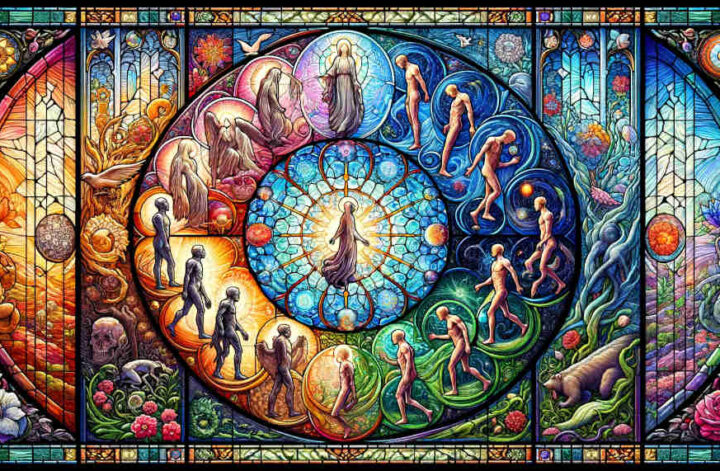Dear Theophilus,
I’ve been reflecting on the concepts of predestination and free will, and I’m curious about the Christian stance on fate. Is there room within Christian theology for the belief in fate, or is the future considered to be in God’s hands?
Sincerely,
Alex
The Christian Interpretation of Fate and Providence
Dear Alex,
The concept of fate, understood as a predetermined course of events beyond human control, is not a doctrine that is commonly held within mainstream Christian theology. Instead, Christians tend to speak more about divine providence.
Divine Providence vs. Fate
Divine providence refers to the sovereignty of God and His governance over the universe. While God’s will is indeed supreme, and His plans are ultimately unfailing, Christianity traditionally emphasizes that God allows human beings free will to make choices.
Predestination in Christianity
Some Christian traditions, particularly within Reformed theology, do talk about predestination—the idea that God has foreordained all that will happen, especially with regard to the salvation of some and not others. However, this is not typically understood in the same way as an impersonal fate because it is rooted in the personal will and relational nature of God.
Free Will and Human Responsibility
Christianity also robustly affirms human responsibility and the significance of human choices. While God is sovereign, human beings are not seen as mere puppets on a divine string but as creatures endowed with the ability to choose, responsible for their actions before a just and holy God.
Hope and Assurance in God’s Plan
Christians are called to trust in God’s good and perfect will for their lives, finding comfort not in a blind fate but in the assurance that God is both loving and in control. This trust is coupled with an active engagement in life, living out one’s faith with intentionality and purpose.
Conclusion
In conclusion, Alex, while Christians believe in God’s sovereign control over the universe, this is not equated with a fatalistic view that negates human free will. Instead, Christians are encouraged to live in the tension of trust in God’s providence while engaging in the world as moral agents who are accountable for their decisions.
May you find wisdom and peace as you contemplate these deep matters of faith and existence.
Grace and peace,
Theophilus



